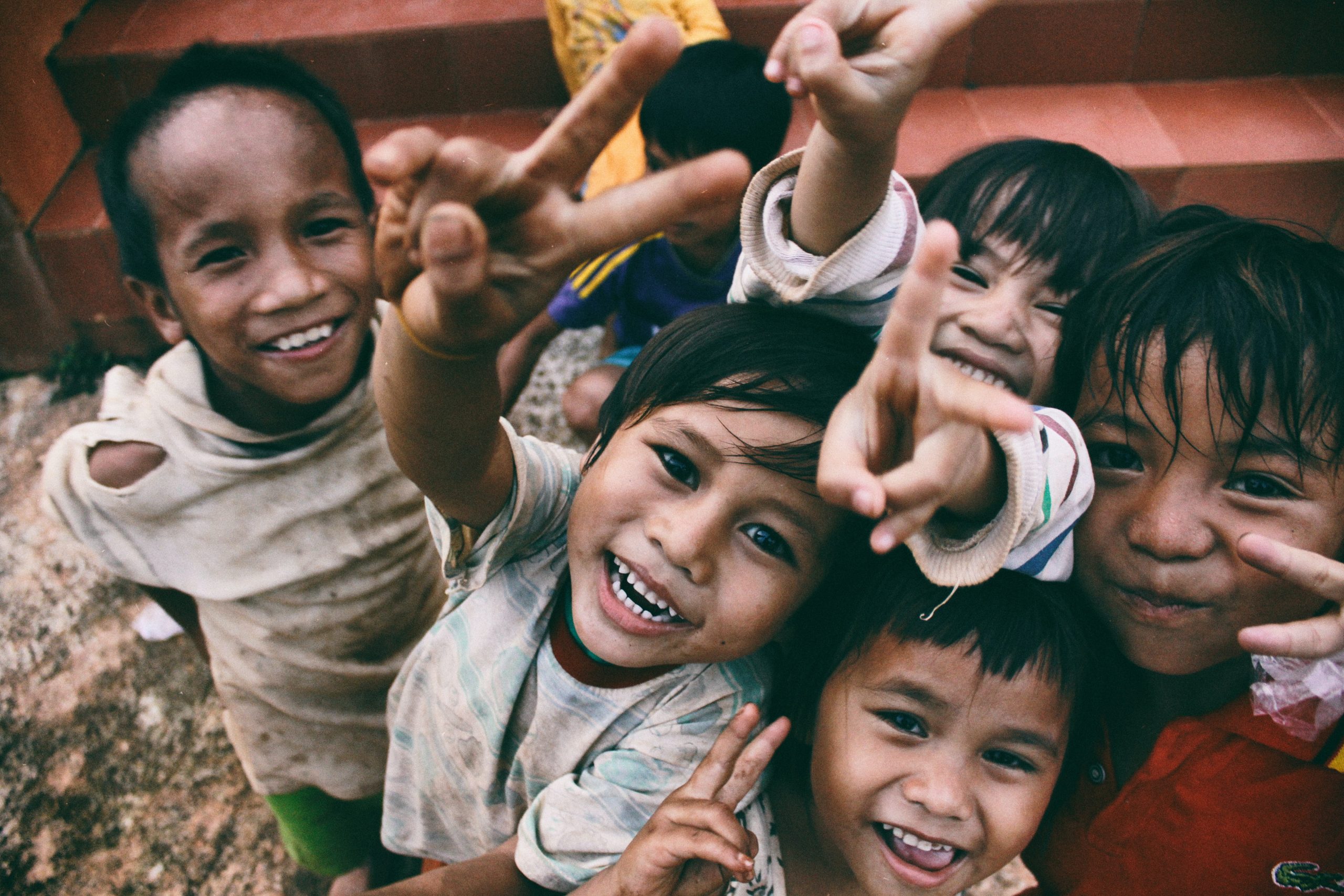Hopeful Beginnings: Charities and Underprivileged Children
In the realm of social welfare and humanitarian endeavors, few endeavors hold as much significance and impact as the work of charities dedicated to underprivileged children. Across the globe, millions of children face daunting challenges stemming from poverty, lack of access to education, healthcare, and basic necessities, as well as societal marginalization. In the face of these adversities, charities emerge as beacons of hope, striving tirelessly to reshape the lives of underprivileged children and offer them a pathway to a brighter future. In this article we delve in Charities and Underprivileged Children.

Educational Empowerment: Charities and Underprivileged Children
Educational empowerment stands as a cornerstone in the transformative work of charities for underprivileged children. These organizations strive to break the cycle of poverty through educational initiatives, ensuring access to quality schooling, resources, and opportunities for children who might otherwise be denied such privileges. By providing scholarships, school supplies, and educational programs, charities equip underprivileged children with the tools they need to succeed academically and break free from the limitations imposed by their circumstances.
Moreover, educational empowerment extends beyond the classroom. Charities often offer tutoring, mentorship programs, and career guidance, fostering a supportive environment that nurtures intellectual curiosity and personal growth. Through these efforts, underprivileged children not only gain knowledge and skills but also develop confidence and ambition, envisioning a future filled with possibilities.
Furthermore, charities recognize the importance of addressing systemic barriers to education, advocating for policy changes and investing in community development projects that enhance access to schooling for all children, regardless of their socioeconomic backgrounds.
In essence, educational empowerment provided by charities serves as a catalyst for positive change, enabling underprivileged children to realize their full potential, pursue their aspirations, and contribute meaningfully to their communities and society at large.
2. Healthcare Support: Charities and Underprivileged Children
Healthcare support is a pivotal component of how charities reshape the lives of underprivileged children. These organizations play a vital role in ensuring that vulnerable children have access to essential medical services and support, which they might otherwise lack due to financial constraints or limited healthcare infrastructure in their communities.
Charities often collaborate with healthcare professionals and local providers to offer free or subsidized medical consultations, screenings, vaccinations, and treatments for various health conditions. By addressing the healthcare needs of underprivileged children, charities not only alleviate suffering but also prevent long-term health complications that could hinder their overall development and well-being.
Beyond immediate medical care, charities also focus on health education and preventive measures, empowering children and their families with knowledge about nutrition, hygiene, disease prevention, and mental health awareness. Through workshops, seminars, and community outreach programs, charities promote healthy habits and lifestyles, empowering underprivileged children to take control of their health and make informed choices for their future.
In essence, healthcare support provided by charities serves as a lifeline for underprivileged children, offering them the opportunity to thrive physically, mentally, and emotionally. By addressing their healthcare needs and promoting wellness, charities contribute to breaking the cycle of poverty and creating a brighter, healthier future for the next generation.

3. Meeting Basic Needs: Charities and Underprivileged Children
Meeting basic needs is fundamental to how charities reshape the lives of underprivileged children, providing a foundation for their growth and development. Charities address essential needs such as food, shelter, clothing, and sanitation, ensuring that children have access to the basic necessities required for a healthy and dignified life.
In many cases, underprivileged children face food insecurity, inadequate housing, and lack of proper clothing, which can have profound effects on their physical health, cognitive development, and overall well-being. Charities intervene by distributing food aid, establishing shelters, organizing clothing drives, and improving access to clean water and sanitation facilities, thereby alleviating immediate hardships and promoting a sense of stability and security.
By meeting these basic needs, charities create a conducive environment for children to focus on their education, pursue personal interests, and build meaningful relationships. When children no longer have to worry about hunger or homelessness, they can fully engage in learning and exploration, laying the groundwork for a brighter future.
Moreover, charities often provide additional support services, such as childcare, transportation assistance, and family counseling, to address the complex challenges faced by underprivileged families. By offering holistic support, charities empower children and their caregivers to overcome adversity and break the cycle of poverty.
In essence, by meeting basic needs, charities not only fulfill immediate requirements but also pave the way for long-term positive outcomes, enabling underprivileged children to thrive and reach their full potential. Through their compassionate efforts, charities bring hope and transformation to the lives of those in need.
Mentorship and Guidance: Charities and Underprivileged Children
Mentorship and guidance provided by charities play a crucial role in reshaping the lives of underprivileged children, offering them invaluable support, encouragement, and direction. Charities recognize that many underprivileged children lack positive role models and guidance in their lives, which can contribute to feelings of isolation, low self-esteem, and limited aspirations. Through mentorship programs, charities connect children with caring adults who serve as mentors, offering them guidance, encouragement, and a listening ear.
Mentors provide a supportive presence in the lives of underprivileged children, serving as role models and advocates who believe in their potential and provide them with the tools and resources they need to succeed. Whether it’s helping with schoolwork, exploring career options, or navigating personal challenges, mentors offer practical advice, emotional support, and a sense of belonging that can make a profound difference in a child’s life.
Moreover, mentorship programs often foster meaningful relationships that extend beyond the immediate mentor-mentee dynamic, creating a sense of community and belonging for underprivileged children. Through group activities, workshops, and community events organized by charities, children have the opportunity to connect with peers who share similar experiences and aspirations, forming friendships that can last a lifetime.
Additionally, mentorship programs often emphasize personal development and life skills, equipping underprivileged children with the confidence, resilience, and leadership qualities they need to overcome obstacles and pursue their goals. By instilling a sense of self-worth and empowerment, mentors help underprivileged children break free from the limitations imposed by their circumstances and envision a brighter future for themselves.
In essence, mentorship and guidance provided by charities offer underprivileged children the support and encouragement they need to overcome adversity, realize their potential, and build fulfilling lives. Through the transformative power of mentorship, charities empower children to dream big and achieve their goals, creating a ripple effect of positive change in their lives and communities.
read more: Brighter Futures: The Impact of Donations on Children’s Education




